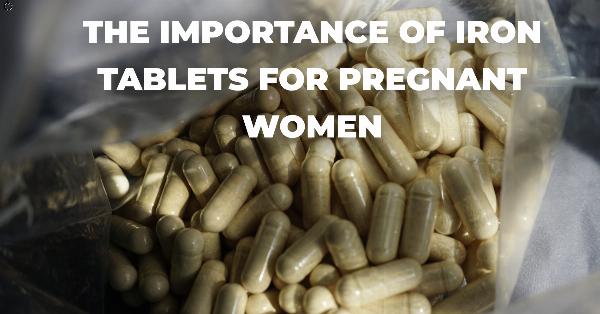The Best Time to Take Vitamin D Capsules: Morning vs. Night

Strong 8k brings an ultra-HD IPTV experience to your living room and your pocket.
Vitamin D is essential for bone health, immune function, and overall well-being. It helps our body absorb calcium, supports the immune system, and plays a role in muscle function. With so many benefits, it's no wonder that vitamin D supplementation is popular. However, many wonder about the best time to take vitamin D capsules, whether morning or night. Let's explore the optimal timing for taking vitamin D capsules to maximize absorption and effectiveness and how to integrate them seamlessly into your daily routine.
Why Vitamin D Timing Matters
Before discussing the specifics of timing, it's essential to understand why the timing of vitamin D intake might matter. Vitamin D is a fat-soluble vitamin that is best absorbed with a fat-containing meal. The timing of your supplement can influence how well your body absorbs this essential nutrient.
Morning vs. Night: What Does Research Say?
Morning Benefits
- Energy and Mood:- Taking vitamin D in the morning can benefit energy levels and Mood. Some studies suggest vitamin D might help regulate the sleep-wake cycle and improve sleep quality. Taking it in the morning helps ensure the supplement supports your energy levels throughout the day.
- Consistency:- For many people, taking supplements in the morning is easier to remember and fits more naturally into their routine. This consistency can lead to better adherence to your supplementation regimen.
Night Benefits
- Absorption:- Taking vitamin D with dinner or a late-night snack that contains fat can enhance absorption. Since vitamin D is fat-soluble, having it with a meal with healthy fats may improve its effectiveness.
- Sleep Quality:- Some research indicates that taking vitamin D at night could disrupt sleep for specific individuals, though this effect is not universal. If you find that evening supplementation affects your sleep, adjusting the timing might be necessary.
How to Determine the Best Time for You
Since individual responses to supplements can vary, the best time to take vitamin D can depend on personal factors. Here are some tips to help you determine the optimal time for your vitamin D intake:
- Consider Your Routine:- Reflect on your daily schedule and choose a time to stick to consistently. If taking vitamin D in the morning fits better with your routine, that might be your best option. If you often forget to take supplements in the morning but have a more consistent evening routine, then night might work better.
- Monitor Your Sleep:- Pay attention to how taking vitamin D at different times affects your sleep. Adjust the timing if you notice any disturbances or improvements in your sleep patterns. It might be helpful to keep weeks to track any changes.
- Consult a Healthcare Professional:- If you have specific health conditions or are on other medications, consulting with a healthcare professional is a good idea. They can provide personalized advice based on your health needs and help determine the best time to take vitamin D.
Tips for Integrating Vitamin D into Your Routine
- Pair with a Meal:- Since vitamin D is best absorbed with fat, supplement with a meal that contains healthy fats, such as avocado, nuts, or olive oil. This will help maximize absorption and ensure you get the most out of your supplement.
- Set a Reminder:- To help you remember to take your vitamin D, set a daily reminder on your phone or use a pill organizer. Consistency is crucial in maintaining optimal vitamin D levels and reaping the full benefits of the supplement.
- Combine with Other Supplements:- If you take other supplements, consider whether they should be taken at the same time as vitamin D or at different times of the day. Some supplements may interfere with the absorption of others, so coordinating their timing can be beneficial.
- Choose the Right Form:- Vitamin D supplements come in various forms, including capsules, tablets, and liquids. Choose the form that is easiest for you to take and fits nicely into your routine. For example, if you have difficulty swallowing pills, a liquid form might be a better option.
- Check for Interactions:- If you're taking other medications or supplements, check for any potential interactions with vitamin D. Some substances can affect the absorption or effectiveness of vitamin D, so it's essential to be aware of these interactions.
Conclusion
The best time to take vitamin D capsules largely depends on your routine and how your body responds to the supplement. Morning intake can be convenient and might help with energy and Mood, while evening intake with a fatty meal can enhance absorption. Pay attention to how your body reacts, and choose a time that fits well with your daily routine. If you're unsure or have specific health concerns, consulting with a healthcare professional can provide personalized guidance.
Integrating vitamin D into your daily routine doesn't have to be complicated. By considering the timing and pairing it with a fat-containing meal, you can ensure that you're maximizing the benefits of this critical nutrient. Consistency is vital, so find a routine that works for you and stick with it for the best results.
Note: IndiBlogHub features both user-submitted and editorial content. We do not verify third-party contributions. Read our Disclaimer and Privacy Policyfor details.



